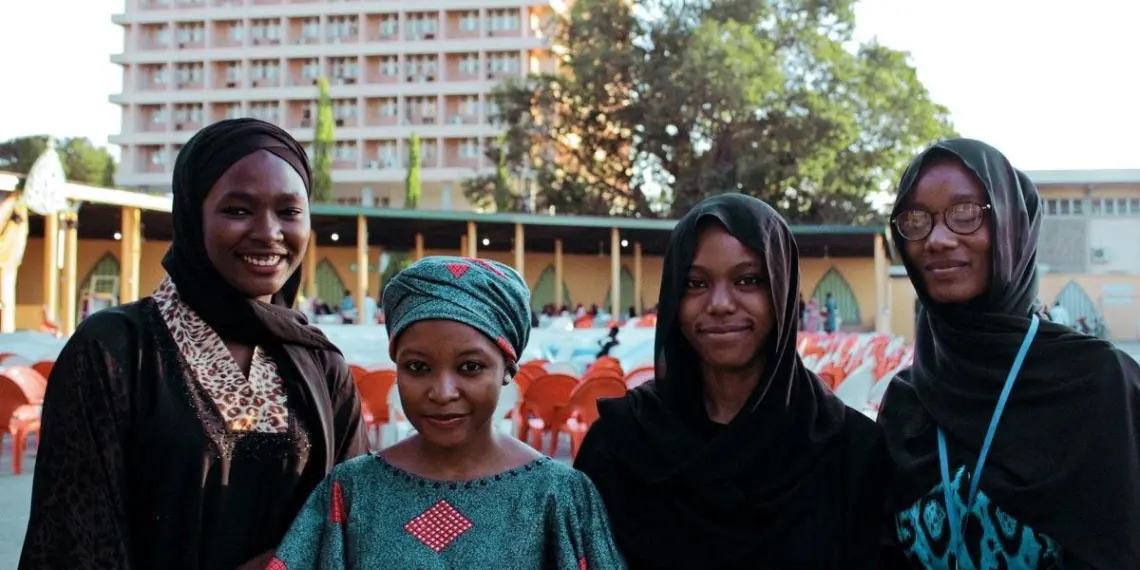Can you smell the thrill of freedom yet, no? Well, with the prevalent gender issues in Nigeria, one can see why. From outright violence to denial of access to education, political participation and employment, the prospect of women’s inclusion in Nigeria is still bleak.
Women accounted for only 38% of the federal civil service workforce between 2010 and 2015;
At the highest, women made up only 7.2% of the federal legislators;
Only 14% of the 341 ministers that served between 1999 and 2015 were women;
Women accounted for an average of 29.4% positions in federal courts between 2011 and 2016.
Despite accounting for about half of Nigeria’s population, women remain marginalised in politics, education. And while infrastructural deficits in our healthcare is not news, women are often the worst hits. Their access to economic opportunities is also lesser than male counterparts, which perhaps explains DATAPHYTE’s question on what the agenda was for gender as Nigeria clocks 60. An advocacy brochure by the outfit also spoke to the bleak future painted by the inequalities Nigerian women face.
In a previous report, DATAPHYTE documented some gender gaps in Nigeria. In the same vein, information from the 2018 Nigeria Demographic and Health Survey (NDHS) spoke to the gender equality challenge. Among listed issues, DATAPHYTE discusses a few.
Nigerian Women and Civil Service
The 2018 NDHS highlighted an unfair gender balance in employment, particularly in the civil service. Between 2010 and 2015, women accounted for only 38% of the federal civil service workforce. Yet, men dominated positions across ministries, departments, and agencies. In contrast, women represented only 34.7%, 35,1%, and 32.8% of the civil service in 2015, 2016, and 2017. The situation is similar in states across the country.
And despite recording a 45.8% appreciation in female representation in 2015, the deficit continues. More so, there are indications that duly qualified Nigerian women typically give up employment for family responsibilities.
Political Representation
Politics, arguably the seat of power in a country still has zero to no female representation in Nigeria. In the last 20 years of democracy, Nigeria is yet to have a female governor in any of the states. Even at the highest, women made up only 7.2% of the federal legislators between 2007 and 2011. Between 2011 and 2019, women representation in parliament was only 6.6%.
Nigerian women have also had minimal representation in government appointments. The highest proportion of female appointments was in 2011, and women had only 22.1% of total appointments. Overall, of the 341 ministers that served between 1999 and 2015, only 14% were women. Further, only 13.9% of the appointed ministers in 2015 were women. Also, while there were eight female deputy governors in 2011, the number dropped to six in 2015.
Again, female representation in state parliament has historically been low. In 1999, the proportion grew from 2.8% to 6.1% in 2003, settling on 8.2%. It, however, dropped to 5.3% in 2015. Also, Nigeria has not had a female elected deputy house minority leader in any of the state houses of assembly. In the justice sector, women’s representation has also been low. Between 2011 and 2016, female representation in federal courts accounted for only 29.4%.
Thirty-five percent Affirmative Action?
Nigeria appears to have grossly fallen behind in the quest for affirmative action for women. And since its genesis, we are yet to see the mandate and objectives of the Federal Character Commission fulfilled. Thus, as Nigeria approaches another Independence Day celebration, it’s perhaps time to think over the prospects of true freedom for Nigerian women. To this end, the Federal government (FG) must strive to eliminate socioeconomic disparities and cultural practices that promote inequality. Further, FG ought to give priority to real protection for women and girls in policy and practice.


